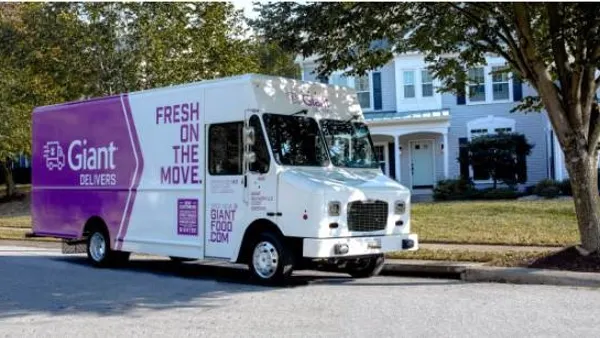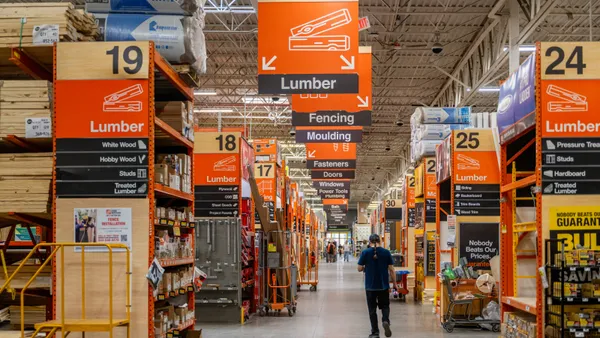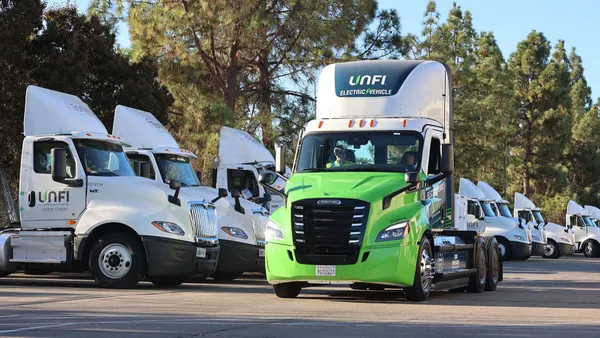Dive Brief:
- Potato-processor Lamb Weston temporarily closed two Washington plants Monday and is furloughing 660 employees, a Lamb Weston spokesperson confirmed after the company filed a Worker Adjustment and Retraining Notification (WARN) with the state on June 8.
- "Unfortunately, COVID-19’s impact on restaurant traffic over the last few months has significantly impacted demand for fries, and we don’t need to operate all of our facilities to meet current demand," the spokesperson wrote via email, adding the company intends to reopen the facilities in 90 days. Net sales grew 1% year over year in the quarter ending February 23. The company attributed the increase to pricing mix and not sales volume, which was flat. The majority of the restaurant shutdowns in the U.S. will show up in the company's next earnings report, expected in July.
- On an earnings call in April, the company felt it had a handle on the operational shifts required to mitigate disruptions due to COVID-19, but demand forecasting was still a challenge, according to comments from CEO Tom Werner.
Dive Insight:
The bullwhip effect is alive and well in the food industry — and french fry supply chains are feeling the sting. The principle behind the common procurement phrase is that demand changes gain intensity as they travel upstream through the tiers of supply chains. A drop in demand in restaurants amplifies as it reverberates back to the farm.
Roughly 52% of Lamb Weston's global sales are from quick-serve restaurants, and foodservice represents another 30%. Just 13% of Lamb Weston's sales come from retail, Werner said. Retail demand for frozen fries is up with grocery sales, and the company has made efforts to convert production lines.
"I will tell you what we've done everywhere possible is to shift that production from foodservice to retail and ensure that, as we look at the demand curve across our product line, we're adjusting where we can," Werner said in April.
On Friday, four days after filing WARN with the sate of Washington, Lamb Weston was featured in a video released by SAP touting its diversion of products from restaurants to grocery stores.
With roughly 20 manufacturing facilities worldwide, Werner described managing the current demand drop as "emotional" in April. At that time, the company was just beginning to adjust production schedules to the demand drop.
And Lamb Weston isn't just concerned about total restaurant demand. Restaurants, like CPG companies, have been simplifying menus to ease execution, given the operational challenges of take-out-only service and social distancing within kitchens. "[In] the near-term, it's about making sure fries are on the menu," said Werner.














